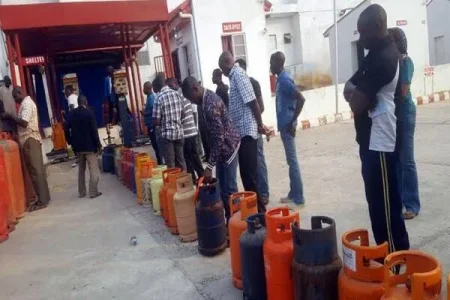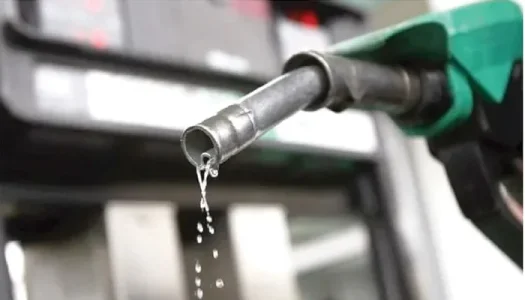
The Nigerian government has removed VAT on cooking gas, diesel, and CNG to revitalize the oil and gas sector. Finance Minister Wale Edun announced these incentives to lower living costs, enhance energy security, and attract global investments, positioning Nigeria as a leader in the oil and gas market.
The Nigerian federal government has announced significant fiscal incentives aimed at revitalizing the oil and gas sector, as revealed by Wale Edun, the Minister of Finance and Coordinating Minister of the Economy. The new initiatives, announced on October 2, 2024, include the removal of value-added tax (VAT) on essential energy products like cooking gas, diesel, and compressed natural gas (CNG).
According to a statement from Mohammed Manga, the ministry's director of information and public relations, the VAT Modification Order 2024 provides exemptions for various energy products and infrastructure, such as liquefied petroleum gas (LPG), liquefied natural gas (LNG), electric vehicles, and clean cooking equipment. These measures aim to lower living costs, enhance energy security, and facilitate Nigeria’s transition to cleaner energy sources.
Additionally, the government introduced tax incentives for deep offshore oil and gas production, designed to attract global investments in Nigeria's deep offshore basin. This move aligns with President Bola Ahmed Tinubu’s broader policy directives aimed at enhancing Nigeria's competitiveness in the oil and gas industry.
The reforms represent the administration's commitment to sustainable growth in the energy sector and economic prosperity for all Nigerians. With these initiatives, the government aims to reposition Nigeria as a leader in the global oil and gas market, fostering a robust economic environment that benefits both investors and citizens.




